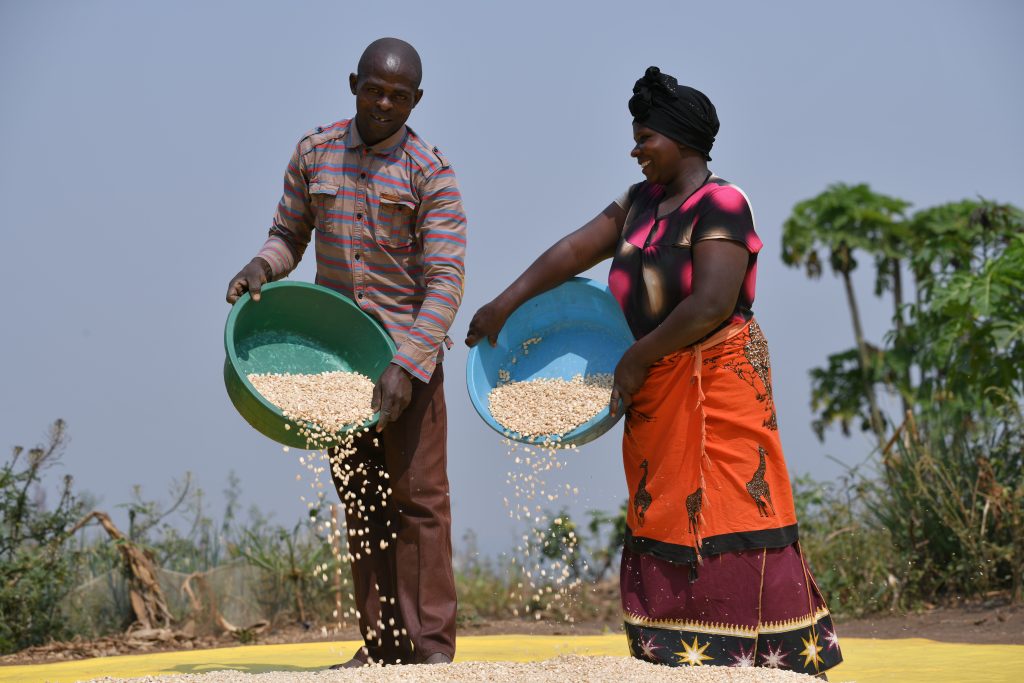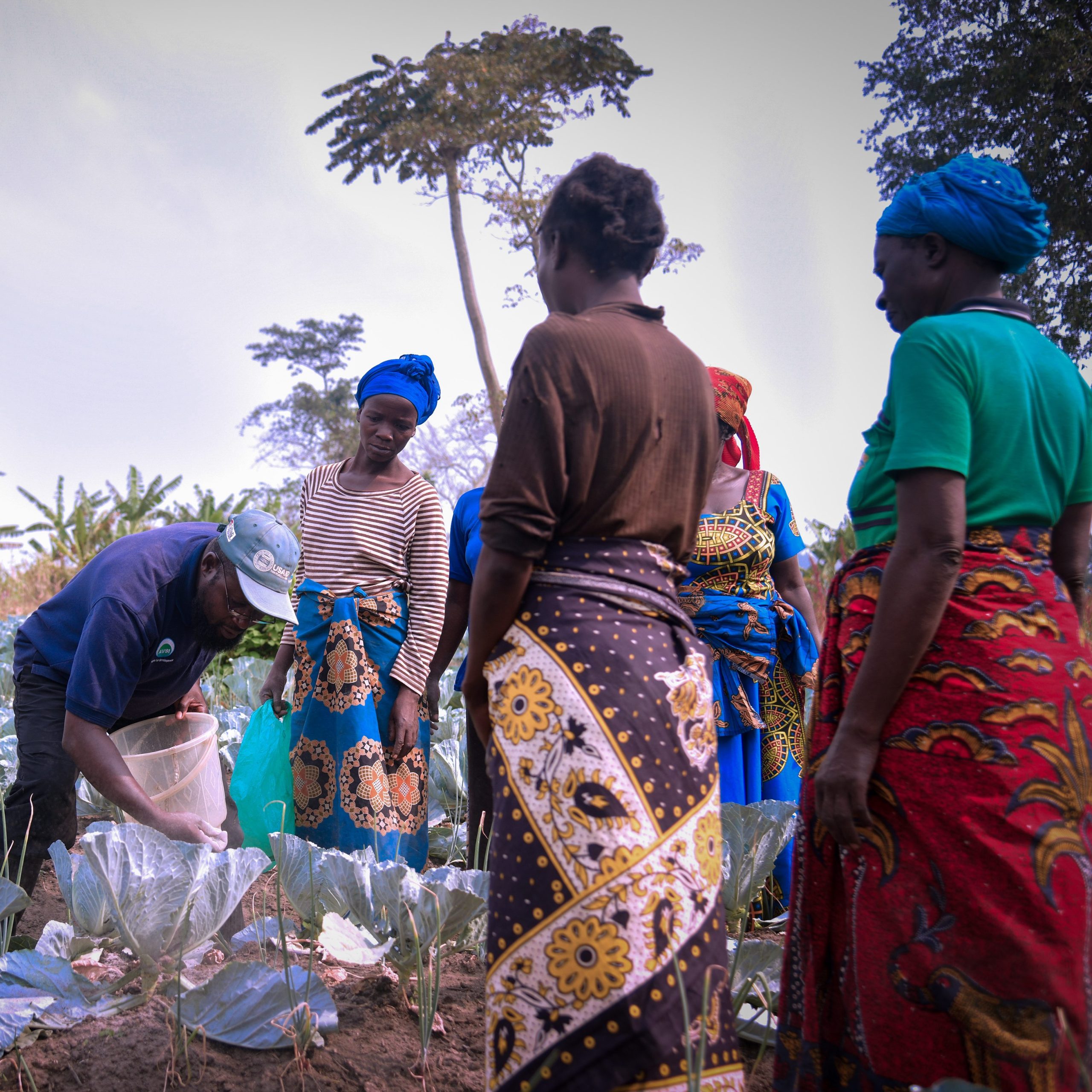Held every four years, the Global Refugee Forum (GRF) is the world’s largest international gathering on refugees. It is designed to support the practical implementation of the objectives set out in the Global Compact on Refugees: Ease pressures on host countries, enhance refugee self-reliance, increase access to third-country solutions and improve conditions in countries of origin. It provides the opportunity for States and stakeholders to announce concrete pledges and contributions, highlight progress made, share good practices and take stock of the challenges and opportunities ahead.
The Global Refugee Forum 2023 is the second ever forum and will take place from December 13 to 15. The forum is co-convened by five States – Colombia, France, Japan, Jordan and Uganda, and co-hosted by the Government of Switzerland and United Nations High Commissioner for Refugees.
As one of the co-conveners of this year’s Global Refugee Forum, the Government of Uganda (GoU) in consultation with stakeholders, has identified five priorities for presenting at the Forum to attract pledge matching and commitment from the international community. They include:
- Increasing resilience and self-reliance: Empowering refugees to secure their own livelihoods.
- Taking action against climate change: Protection of the environment and increasing access to sustainable energy sources in refugee hosting areas.
- Localizing the refugee response: Strengthening the role and impact of national responders.
- Building durable solutions: Refocusing commitments and efforts to support Uganda.
- Transition management: Pathways to sustainable burden-sharing.
In a lead up to the GRF, a series of national roundtables were conducted in Uganda on each thematic area. As a member of Uganda’s Livelihood and Resilience Sector Working Group (LRSWG), the USAID Graduating to Resilience Activity (The Activity) played a key role in contributing to the pledges under the "Increasing resilience and self-reliance" thematic area.
The USAID-funded Graduating to Resilience Activity seeks to graduate 13,200 extremely poor refugee and Ugandan households in Kamwenge District from conditions of food insecurity and fragile livelihoods to self-reliance and resilience. The Activity is implemented by AVSI in partnership with Trickle Up and American Institutes for Research. The Activity led the technical workstream on Graduation Approach, which was identified as a priority sector approaches.
Graduation Approach is a proven and evidence-based approach that supports extremely poor refugee and host community households to develop their capacity, knowledge, and skills to move from humanitarian assistance to more sustainable livelihoods, while ensuring cost-effectiveness and avoiding long-term dependence.The Approach is sequenced and time-bound (usually 18-36 months) and the trajectory continues beyond the interventions. Linking participants to other services and markets, including private sector engagement, financial inclusion, and livelihood opportunities, and an effective social protection support system helps strengthen participants’ social capital and connections, ensuring sustainability and mitigating the risk of households falling back into poverty after they graduate.
Graduation programming is currently being implemented across six settlements (Rwamwanja, Kyaka, Kyangwali, Bidibidi, Imvepi, Rhino) in Uganda and is targeting roughly 40,700 households. It is estimated that the cost of providing General Food Assistance for a moderately vulnerable household will exceed the cost of transitioning a household to self-reliance after four years and therefore investing in Graduation Approach programmes at scale in refugee hosting areas (RHAs) will reduce the number of people who require ongoing humanitarian assistance, and ensure that the limited funding available for humanitarian assistance goes to those that need it most.
The Government of Uganda pledges to create a minimum of 300,000 viable economic opportunities for refugees and host communities by 2027. This shall be realized by including refugees in agricultural value chains, increasing agricultural production and productivity, enabling private sector investments, promoting graduation and market systems development approaches, increasing access to formal and non-formal vocational skills training, promoting the development of market relevant skills and employment creation.
Without a common understanding or measurement of self-reliance in Uganda, government agencies, humanitarian and development partners cannot systematically transition extrememly poor refugee and host community households from humanitarian assistance to sustainable livelihoods. A key recommendation from the Livelihood & Resilience Sector Working Group (LRSWG) was to establish a high-level, reliable indication of refugee and host community households’ progress towards self-reliance over time. Led by the Comprehensive Refugee Response Framework (CRRF) Secretariat, on behalf of the Government of Uganda, a Self-Reliance Reference Group with a select committee comprised of Government of Uganda, UNHCR, World Food Program, AVSI Uganda, Trickle Up, World Vision, and BRAC was established to develop a standardised measurement framework to be used by humanitarian and development partners, government agencies, and grassroots/local organisations to enhance a coordinated, and holistic approach to measuring self-reliance.

Ministry of Gender, Labour and Social Development will contribute to the achievement of this pledge on self-reliance and resilience by: Developing national minimum standard indicators for measuring self-reliance and resilience of refugees and host communities in order to measure partner commitments, and investments and contribute to building an evidence base on sustainable livelihoods and self-reliance in Uganda by:
- Improving the measurement and understanding of key drivers of self-reliance and resilience.
- Developing and deploying a measurement tool to assess: the movement towards or away from self-reliance among refugee and host community households, who tend to make more or less progress, and the identification of some of the key barriers and enablers of self-reliance.
At the global level, the Poverty Alleviation Coalition pledges to implement programmes using the Graduation Approach to alleviate poverty among 190,000 displacement-affected and host community households in over 35 countries in the regions of Africa, Asia, Europe, Latin America, and the Middle East between 2024 and 2027.
Through direct programing, technical assistance, research and evidence building, the Poverty Alleviation Coalition will work towards the common vision of increasing self-reliance, economic and social inclusion of refugees, internally displaced persons, returnees, stateless and host community households by sustainably increasing income-earning opportunities.
The Poverty Alleviation Coalition, launched in 2019, is a coalition consisting of UNHCR, The World Bank Partnership for Economic Inclusion (PEI) and 16 INGOs: AVSI Foundation, BOMA, BRAC, Caritas Switzerland, Concern Worldwide, the Danish Refugee Council (DRC), Fundación Capital, GOAL, HIAS, Innovations for Poverty Action (IPA), Mercy Corps, the Norwegian Refugee Council (NRC), Refugee Self-Reliance Initiative (RSRI), Trickle Up, Village Enterprise and World Vision International.
The Graduation Model has been extensively used in the development community, and, is one of the few poverty alleviation strategies that works consistently across countries, cultures, and conditions. The model is a holistic programming that combines consumption support, seed capital/ asset/ cash transfers and financial inclusion facilitated, accompanied by up to two years of mentoring and coaching, as well as training and capacity building.
The Coalition has reached more than 123,000 displacement-affected and host community households since the 2019 Global Refugee Forum and is planning to reach up to a total of 350,000 households by 2027. The Coalition is actively seeking funding to realize all aspects of the pledge.
The Global Refugee Forum 2023 stands as a testament to the collective commitment to transforming the narrative of refugee livelihoods. With the visionary leadership of co-convening states and the tireless efforts of parties like the USAID and the Graduating to Resilience Activity, a pathway to sustainable self-reliance is being built. The Graduation Approach, a beacon of hope, illuminates the journey from vulnerability to empowerment, echoed by the Poverty Alleviation Coalition's global pledge. As we embark on this transformative journey, the pledge to create economic opportunities, coupled with innovative measurement frameworks, symbolizes not just a commitment but a catalyst for change. The Forum is not just an event; it's a collective promise to build a future where refugees and host communities not only survive but thrive, turning challenges into opportunities and dreams into reality. Together, we stride toward a world where resilience, self-reliance, and dignity become the cornerstones of every refugee's story.




